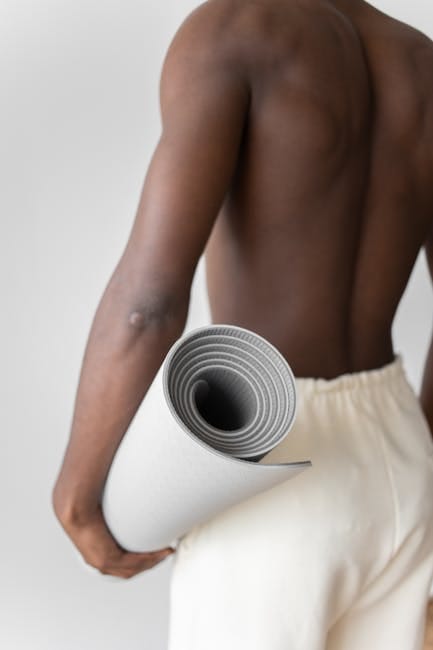The Connection Between Your Core and Back Pain
Back pain is something that affects millions of people worldwide. It can range from a mild annoyance to a debilitating condition that impacts daily life. But did you know that your core muscles play a significant role in the health of your back? In this blog post, we’ll explore the fascinating connection between your core and back pain, offering insights into how strengthening your core can lead to a healthier, pain-free life. Let’s dive in! 🌟
Table of Contents
1. Introduction to Core Muscles
2. How Core Muscles Affect Back Health
3. Common Causes of Back Pain
4. Strengthening Your Core for a Healthier Back
5. Practical Exercises to Get Started
6. Conclusion
7. FAQs
Introduction to Core Muscles
When we talk about the ‘core,’ many people immediately think of their abs. However, the core encompasses much more than just the abdominal muscles. It includes the pelvic floor muscles, obliques, lower back muscles, and even the diaphragm. Essentially, your core is the central powerhouse of your body, playing a crucial role in stabilizing and supporting your spine. 🏋️♀️
How Core Muscles Affect Back Health
Your core acts like a natural corset, providing stability to your spine and pelvis. When your core muscles are weak, they can’t adequately support your spine, leading to poor posture and increased strain on the back muscles. This can often result in pain or discomfort. On the contrary, a strong core creates a solid foundation, allowing for better posture and reduced risk of injury. 💪
Common Causes of Back Pain
Back pain can be caused by various factors, including poor posture, sedentary lifestyle, or even stress. However, one of the underlying issues often overlooked is core weakness. When your core is not engaged, your back muscles have to work overtime to keep you upright, leading to fatigue and pain. Other common causes include herniated discs, arthritis, and muscle strains. Understanding these causes can help you address the root of the problem rather than just the symptoms. 🩺
Strengthening Your Core for a Healthier Back
So, how can you strengthen your core to support your back? It’s important to focus on exercises that target all aspects of the core, not just the abs. By building a balanced core, you can improve your posture, enhance your balance, and significantly reduce the risk of back pain. Consistency is key, so integrate these exercises into your regular fitness routine for the best results. 🕺
Practical Exercises to Get Started
Here are some effective exercises to help you start building a stronger core:
1. Planks: Start with a basic forearm plank, keeping your body in a straight line from head to heels. Hold for 30 seconds and gradually increase the time as you get stronger.
2. Bridges: Lie on your back with your feet flat on the ground and knees bent. Lift your hips towards the ceiling, squeezing your glutes at the top. Hold for a few seconds before lowering back down.
3. Dead Bugs: Lie on your back, lift your legs to tabletop position, and extend your arms towards the ceiling. Slowly lower one arm and the opposite leg towards the floor while keeping your core engaged.
4. Russian Twists: Sit on the floor with your knees bent and feet slightly elevated. Lean back slightly, keep your core engaged, and twist your torso to touch the floor on each side.
These exercises, when done regularly, can make a significant impact on your core strength and back health. 🧘♂️
Conclusion
Understanding the connection between your core and back pain is crucial for maintaining a healthy spine and overall well-being. By focusing on strengthening your core, you can alleviate existing back pain and prevent future discomfort. Remember, it’s about building a balanced, strong foundation that supports your entire body. So, why not start today? Your back will thank you! 🌈
FAQs
Q: How often should I do core exercises to see results?
A: Aim for at least three times a week. Consistency is key to building and maintaining core strength.
Q: Can core exercises help with lower back pain?
A: Yes, strengthening your core can help alleviate lower back pain by providing better support to your spine.
Q: Are there any precautions I should take when doing core exercises?
A: Ensure you’re using proper form to avoid injury. If you’re unsure, consider consulting a fitness professional or physical therapist.
Q: Is it normal to feel soreness in my core after exercising?
A: Yes, a little soreness is normal as your muscles get stronger. However, avoid pushing through pain, as it could indicate an injury.
Remember, a strong core is integral to a healthy back. Start incorporating these exercises into your routine, and you’ll likely notice a positive change in how your back feels. Here’s to a pain-free future! 🌟
